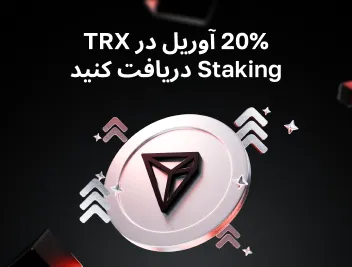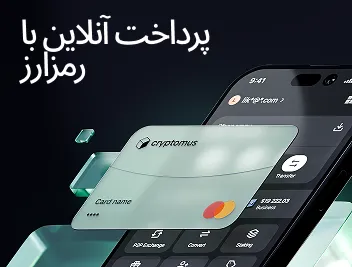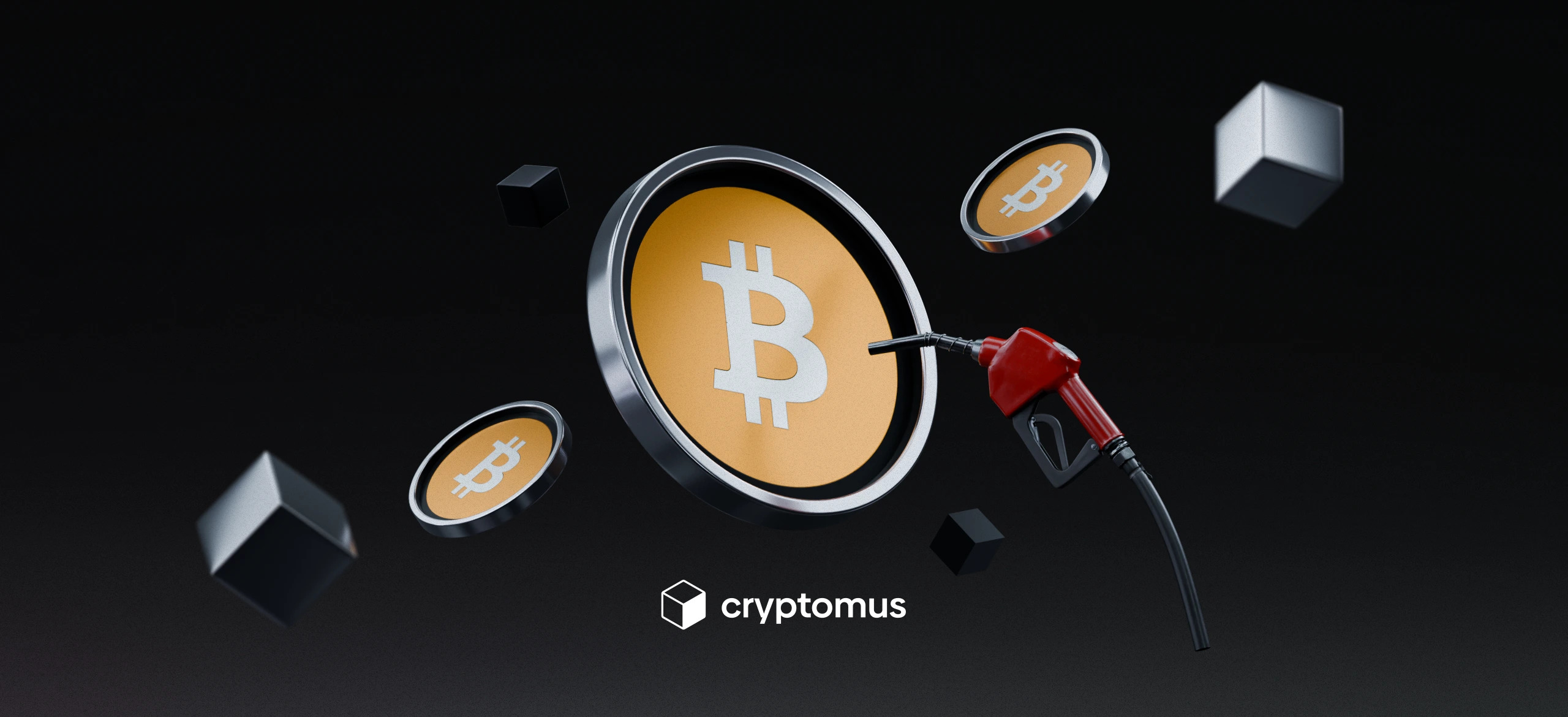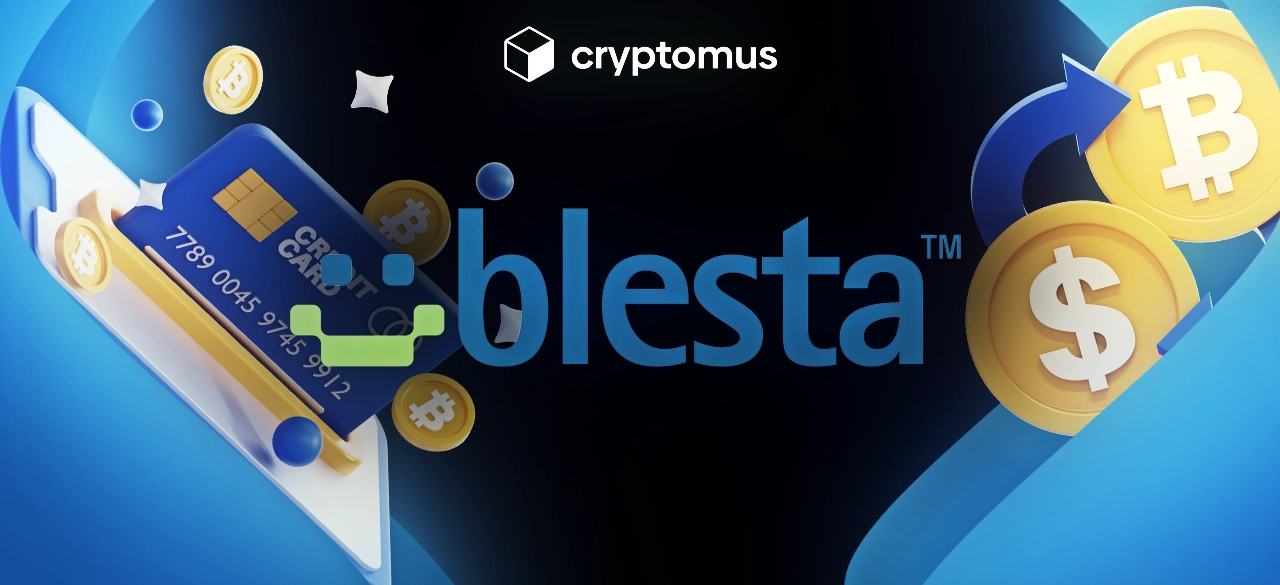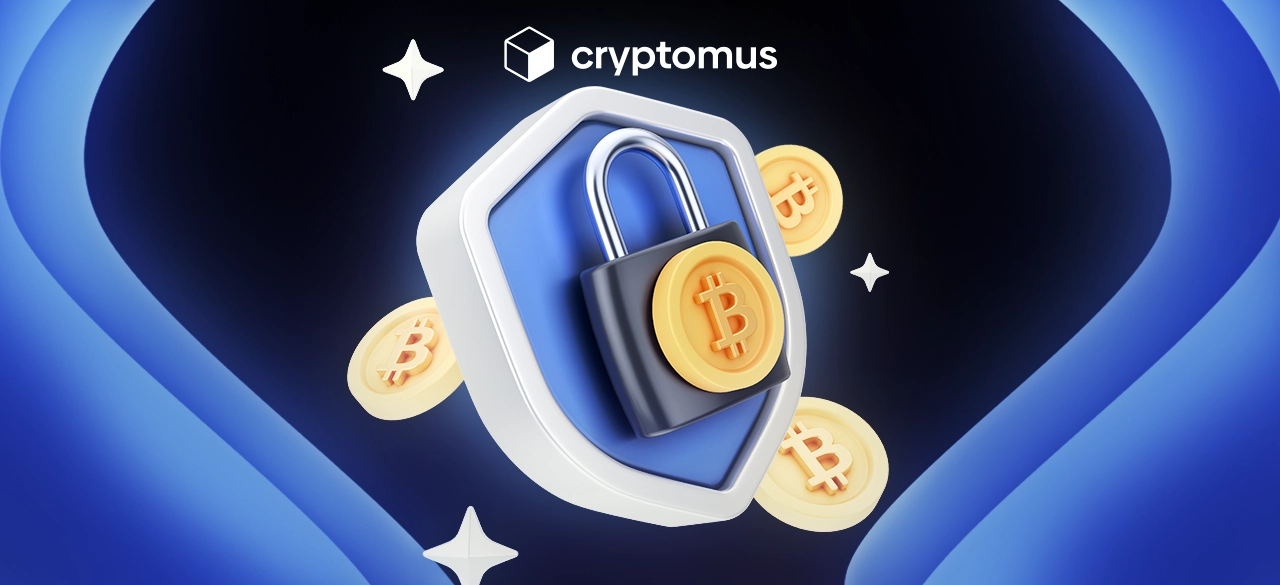
امنیت کریپتو: چرا استفاده از وای فای عمومی ایده بدی است؟
فهرست مطالب
مردم سوالات جالبی در انجمن می پرسند. به عنوان مثال، چرا اتصال به شبکه های وای فای عمومی ایمن نیست؟ پاسخ به این سوال در چند جمله دشوار است، بنابراین در این مقاله سعی می کنیم تا حد امکان موضوع خطرات وای فای عمومی را آشکار کنیم.
وای فای عمومی چیست
قبل از تعیین خطرات استفاده از وای فای عمومی، مهم است که بدانیم وفاداری بی سیم عمومی چیست.
امروزه ما نمی توانیم زندگی خود را نه تنها بدون گوشی های هوشمند و کامپیوتر، بلکه بدون دسترسی به اینترنت نیز تصور کنیم. هر کجا که خود را پیدا کنید، در مترو، در یک فروشگاه، در یک کشور خارجی - در همه جا Wifi عمومی در دسترس خواهد بود که به شما امکان می دهد با دنیای مجازی در تماس باشید.
برخلاف اتصال بی سیم خصوصی، شبکه Wi-Fi عمومی محدودیت های کمتری دارد. کسانی که در یک منطقه شبکه اختصاصی هستند تا حد زیادی می توانند از یک هات اسپات عمومی Wi-Fi بدون پرداخت هزینه یا ارائه اطلاعات شخصی استفاده کنند.
از یک طرف، این دسترسی انبوه کمک زیادی می کند، اما به خاطر داشته باشید که استفاده از Wi-Fi عمومی اغلب خطری برای امنیت داده های شما است. در قسمت بعدی بیشتر در مورد اینکه چرا وای فای عمومی خطرناک است صحبت خواهیم کرد.
چرا باید از وای فای عمومی اجتناب کنید
در صورت وجود، استفاده از اتصالات وای فای عمومی چه خطری دارد؟ متأسفانه هیچ دلیل واحدی وجود ندارد که چرا هنگام انجام تراکنشها، به خصوص ارزهای دیجیتال، از وایفای عمومی اجتناب کنید.
وای فای رایگان چندان سریع نیست، اما زمانی که به آن متصل هستید، اتصال "شبکه محلی" (LAN) نسبتاً سریع برقرار می شود. این اتصال به سایر کاربران اجازه می دهد تا رایانه شما را برای سرویس های رایج و پورت های باز اسکن کنند.
در یک شبکه LAN، می توانید تعداد زیادی هارد دیسک باز را در یک مکان پیدا کنید. شما می توانید به راحتی به یک منبع مشترک (Wi-Fi عمومی) متصل شوید و بدون اینکه کاربر متوجه شود که شخصی به منابع رایانه شخصی خود دسترسی دارد، فایل ها را ارسال/دریافت کنید.
نظارت بر دستگاه های شما نیمی از کار است. عدم امنیت وای فای عمومی می تواند یک نقطه ضعف برای دارندگان ارزهای دیجیتال باشد. به عنوان مثال، در سال 2017، یک باگ در پروتکل دسترسی امن Wi-Fi کشف شد. در نتیجه، اطلاعات حساس کیف پولهای ارزهای دیجیتال و کلیدهای خصوصی آنها دیگر محرمانه نیستند. بنابراین سعی کنید هنگام اتصال به اینترنت عمومی تراکنش های مالی انجام ندهید. سعی کنید تمام اقدامات احتیاطی لازم را انجام دهید و اگر صاحب ارز دیجیتال هستید، به ویژه مراقب باشید.
خطرات وای فای عمومی
هنگام اتصال به Wi-Fi، هیچ تضمینی وجود ندارد که شبکه از پروتکل های امنیتی استفاده کند که بتواند محافظت از WiFi عمومی را ارائه دهد. اگر اینطور نباشد، بیش از یک خطر استفاده از WiFi عمومی وجود دارد:
| خطرات | مفاهیم | |
|---|---|---|
| خطر از دست دادن داده | مفاهیمورود به شبکه های اجتماعی و برنامه های بانکی می تواند به کلاهبرداران کمک کند تا از یک شبکه ناامن استفاده کنند و به داده های حساس شما از جمله رمز عبور و کدهای پین دسترسی پیدا کنند | |
| خطر از دست دادن ارزهای دیجیتال | مفاهیمعلاوه بر داده های هویتی، مجرمان سایبری به دنبال دارایی های دیجیتال هستند. کلاهبرداران با انجام تراکنشهای ارزهای دیجیتال از طریق شبکه وایفای عمومی میتوانند کیف پول ارز دیجیتال شما را شبیهسازی کنند یا بدتر از آن، آن را هک کنند و جیبهای خالی شما را رها کنند | |
| خطر بدهکاری | مفاهیموقتی به بانک خود دسترسی پیدا می کنید، تصور نکنید که تمام پول شما به سرقت رفته است. این احتمال وجود دارد که به لطف داده ها و دسترسی هایی که به دست آورده اید، مشمول وام های کلان شوید | |
| فیشینگ | مفاهیمهکرهای سایبری ممکن است ایمیل های فیشینگ یا اعلان های پاپ آپ را به دستگاه کاربر ارسال کنند تا آنها را فریب دهند تا اطلاعات حساس را ارائه دهند |
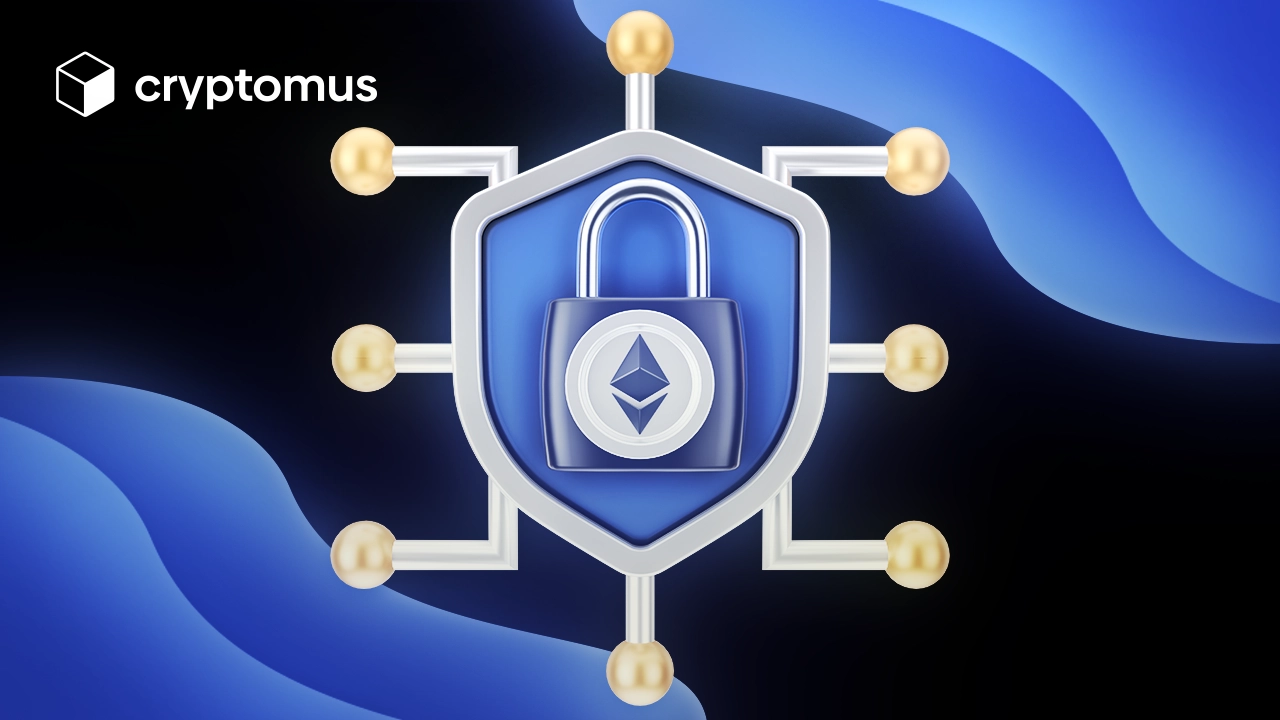
چگونه در وای فای عمومی ایمن بمانیم
در قسمت قبل اشاره کردیم که یک اتصال وای فای عمومی چه خطر امنیتی دارد. اکنون زمان آن رسیده است که دریابید چگونه از خود در وای فای عمومی محافظت کنید.
تا حد امکان از دستگاه خود محافظت کنید. نصب فایروال از نوعی می تواند به تضمین امنیت دستگاه های تلفن همراه کمک کند. این برنامه ها فعالیت شبکه برنامه ها را کنترل می کنند، در برابر نشت اطلاعات مهم محافظت می کنند، ترافیک را فیلتر و نظارت می کنند.
برای دارندگان ارزهای دیجیتال مهم است که دستگاه و آنتی ویروس خود را به روز نگه دارند. همچنین، HTTPS و شبکه های خصوصی مجازی (VPN) را فراموش نکنید.
چگونه از هات اسپات وای فای عمومی ایمن استفاده کنیم؟ در صورت امکان سعی کنید به شبکه های عمومی متصل نشوید. اما اگر مورد ایجاب می کند، دریغ نکنید که با کارکنان یک کافه یا مرکز خرید بررسی کنید که آیا شبکه ای که قصد اتصال به آن را دارید معتبر است و متعلق به آنهاست.
هنگام انجام تراکنشهای ارز دیجیتال، سعی کنید روی پلتفرمهای قابل اعتمادی مانند Cryptomus کار کنید، که از فهرست قابل توجهی از اقدامات امنیتی برای کاربران خود استفاده میکند. از جمله لیست های سفید، 2FA، KYC و غیره.
در حین فکر کردن به نحوه استفاده ایمن از وای فای عمومی چه کارهایی را می توانید انجام دهید؟ شما می توانید کلاهبرداران را تشخیص دهید. سعی کنید به وبسایتهای مشکوک و جعلی که ممکن است توسط هکرها بهعنوان پلتفرمهای امن کدگذاری شدهاند، مراجعه نکنید، در حالی که در واقع اینگونه نیست.
این اقدامات ممکن است به شما کمک کند تا از خطرات WiFi عمومی جلوگیری کنید.
نکاتی برای استفاده از وای فای عمومی
از این نکات برای پذیرش امنیت WiFi عمومی استفاده کنید:
-
برای جلوگیری از خطر استفاده از وای فای عمومی، به روز رسانی خودکار نرم افزار امنیتی، سیستم عامل و مرورگر اینترنت خود را روشن کنید تا از آخرین محافظت ها مطلع شوید.
-
فراموش نکنید که اشتراک گذاری فایل را غیرفعال کنید.
-
سعی کنید از اینترنت تلفن همراه در مکان های عمومی برای جلوگیری از خطرات امنیتی WiFi عمومی استفاده کنید.
-
در هنگام استفاده از شبکه های عمومی، از جمله تراکنش های ارزهای دیجیتال، از هرگونه فعالیت مالی خودداری کنید.
آیا استفاده از وای فای عمومی بی خطر است؟ امیدواریم در پاسخ به این سوال به شما کمک کرده باشیم. نظر خود را در مورد اینکه آیا اتصال به WiFi عمومی ایمن است یا خیر به اشتراک بگذارید.
سفر رمزنگاری خود را ساده کنید
آیا می خواهید ارزهای رمزنگاری شده را ذخیره، ارسال، پذیرش، سهام یا معامله کنید؟ با Cryptomus همه چیز امکان پذیر است - ثبت نام کنید و وجوه ارز دیجیتال خود را با ابزارهای مفید ما مدیریت کنید.
شروع کنید


